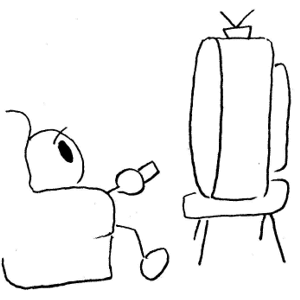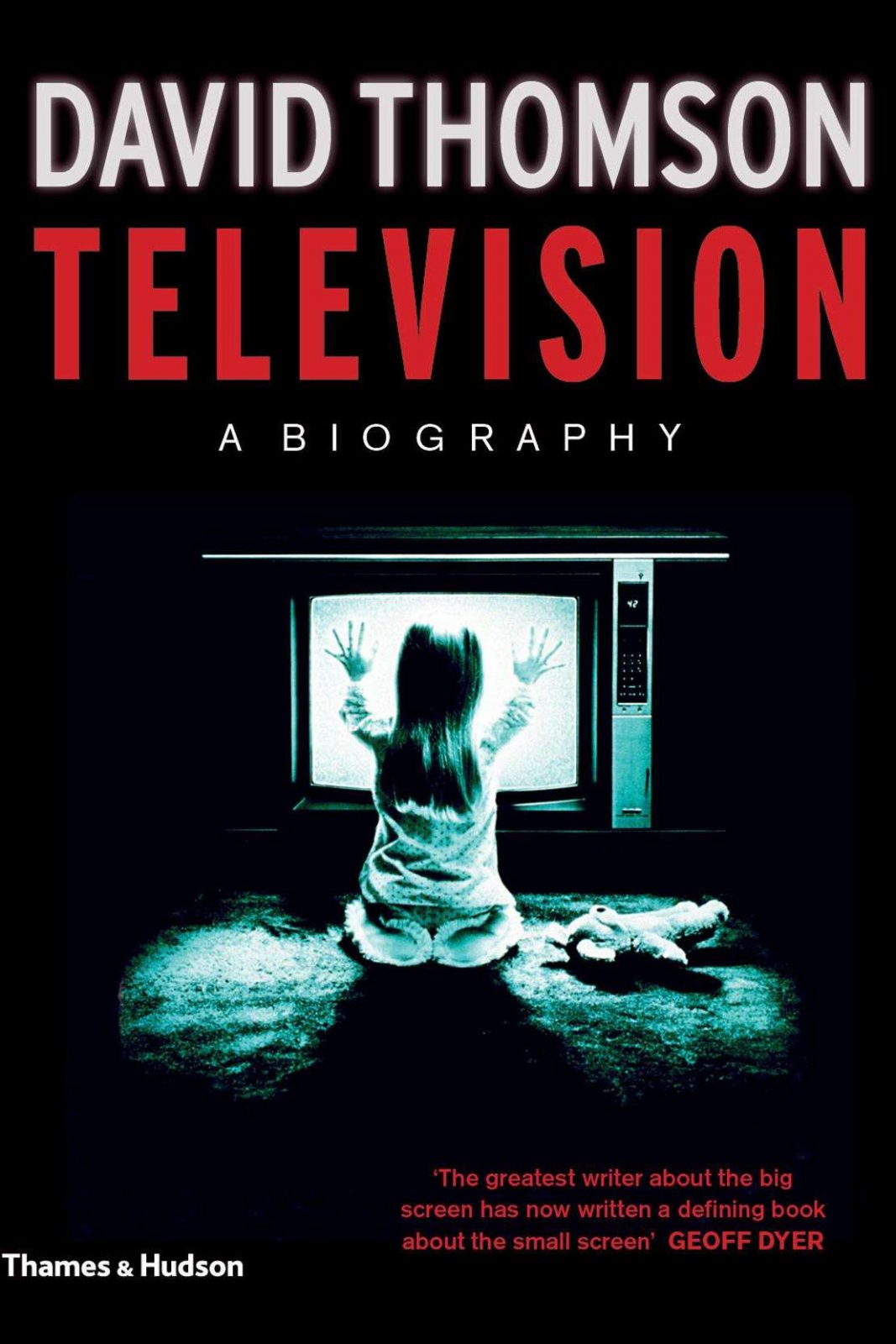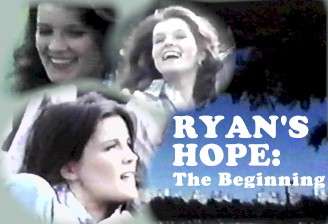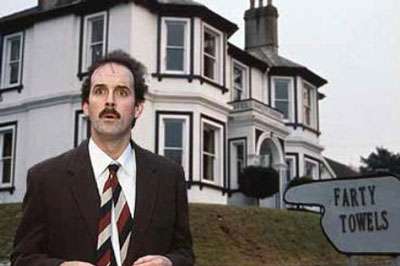
How do we write using the audiovisual? Many of us are facing this challenge, frustrated by the restrictions of prose-only analyses. One answer is the audiovisual essay, in its poetic and analytic variants. These have recently taken off in the UK, especially in film studies, as a result of the significant loosening of copyright law, which now explicitly allows quotation of audiovisual works for the purposes of critical comment and review.









